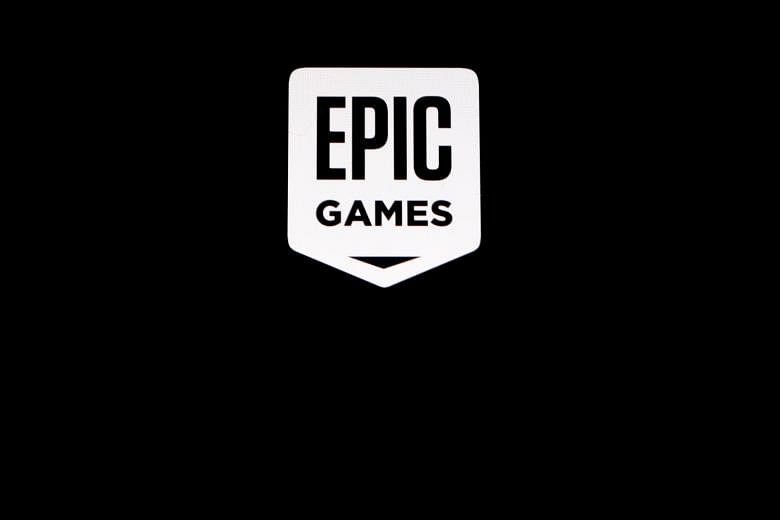SAN FRANCISCO (REUTERS, BLOOMBERG) - Fortnite developer Epic Games on Thursday (Aug 19) unsealed details about contracts it alleges Alphabet's Google signed with phone makers and other top video game companies to avoid losing US$1.1 billion (S$1.5 billion) in annual app store profit.
Epic in 2018 launched the Fortnite video game through its website and a partnership with handset maker Samsung Electronics, bypassing Google's Play Store, which charges developers fees of up to 30 per cent of their sales.
Google feared other companies copying Epic and blocked that possibility by erecting unlawful hurdles, Epic alleged in an antitrust lawsuit filed against Google last year.
Google said the lawsuit remains baseless and mischaracterises business conversations. A trial has not been scheduled.
Epic is battling Google and Apple over fees the companies charge developers in their mobile-app stores. A trial in the Epic-Apple case took place in May, and the companies are awaiting a ruling from the judge.
Among new details a judge ordered be unredacted, Google in 2019 estimated up to US$6 billion in Play revenue and US$1.1 billion in profit would be at risk in 2022 alone if Epic's approach spread and alternative stores found success, according to the lawsuit.
But Google avoided the feared hit.
In 2019, it launched "Premier Device Program" to pay phone makers to ensure the Play Store's exclusivity and limit the appeal of partnerships similar to what Epic had reached with Samsung, according to the newly released details.
Premier partners received 12 per cent of Google's search revenues from their phones, compared with 8 per cent traditionally, according to the filing. Some partners, including LG Electronics and Lenovo Group's Motorola, also received 3 per cent to 6 per cent of Google "Play spend".
Separately, Google in 2019 as part of an effort dubbed "Project Hug" approved spending "hundreds of millions of dollars" on over 20 top developers in marketing and other benefits to keep them on the Play Store, according to the details. The "vast majority" accepted Google's offer by December 2020.
According to the lawsuit, Google internally called the new deals a success in stopping a "contagion" of developers sidestepping the Play Store.
Epic also said Google went as far as to explore buying Tencent Holdings' stake in the game maker to stop it from launching its Fortnite game app on Android by bypassing the Google Play store.
Epic said Google executives came up with a plan to offer a US$208 million "custom" deal to persuade the game maker to launch Fortnite on Google Play.
Google planned to offer Epic a discounted fee of 25 per cent, compared with the standard 30 per cent cut it took from developers, to give Epic additional revenue share, according to the unredacted complaint.
When Google realised that Epic might not accept such a deal, it considered approaching Tencent, Epic said.
Epic alleged the Tencent plan was hatched in a 2018 meeting of Google executives.
"A senior Google executive proposed that Google 'consider approaching Tencent', a company that owns a minority stake in Epic, 'to either (a) buy Epic shares from Tencent to get more control over Epic,' or '(b) join up with Tencent to buy 100 per cent of Epic,'" lawyers for the game maker said in the complaint.
The alleged take-over plan first came to light this month when a partially redacted version of the complaint was filed with the court.
Google also faces a sweeping complaint filed in July by attorneys general of three dozen states, alleging that the company unlawfully abused its power over the sale and distribution of apps through Google Play.
The states allege that after Epic launched its app outside Google Play, Google "bought off" developers to dissuade them from doing the same - but details of those payouts were redacted in the states' complaint.
In response, Google said the states' antitrust lawsuit "gets it wrong" by limiting the definition of the app marketplace to Android devices and ignoring that Google competes with Apple for developers and consumers.

